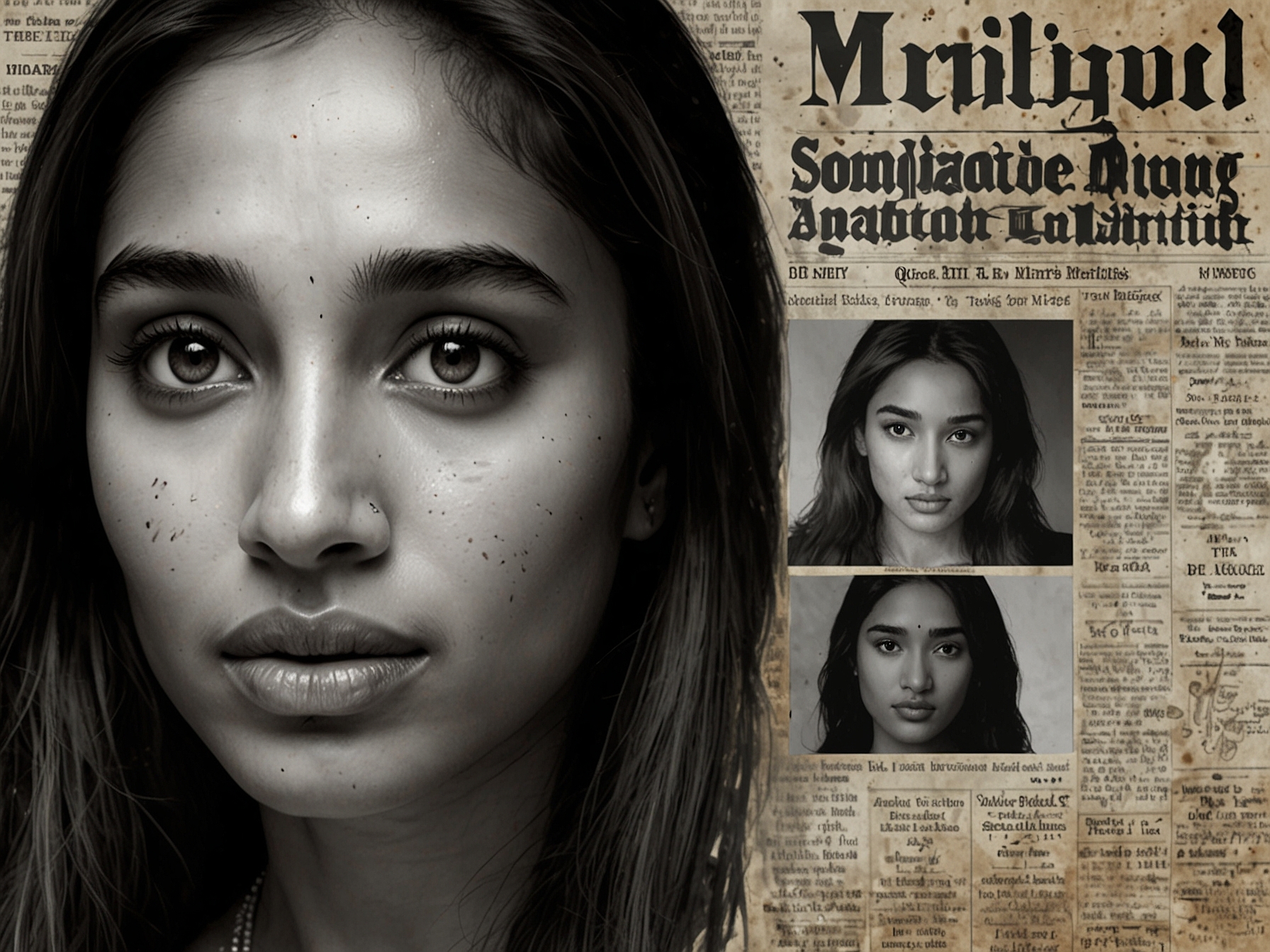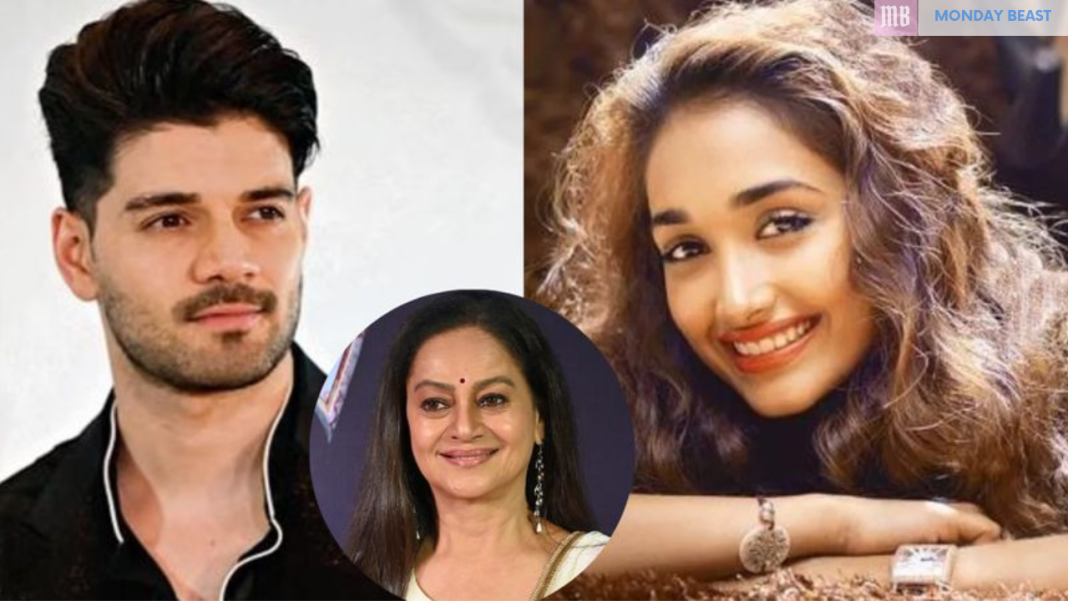In a chilling twist, Sooraj Pancholi’s mother, Zarina Wahab, has made claims that turn the narrative of Jiah Khan’s tragic end upside down. When reflecting on the much-publicized suicide of her son’s girlfriend, Zarina has asserted that Jiah had attempted to take her life multiple times before even meeting Sooraj. This shocking revelation adds layers to an already complex case that has haunted both families for years.

The grief surrounding Jiah’s death on June 3, 2013, shook Bollywood to its very core. A promising actress, she had already made her mark after starring in films like ‘Nishabd’ and ‘Ghajini’. But her struggles were deeper than her on-screen persona suggested. Zarina’s comments about Jiah’s mental state raise pressing questions about the support systems in place for young stars navigating the pressures of fame. Were there signs that went unnoticed?
Zarina’s personal insight sheds light on the profound struggles that many face in silence. In her interview, she stated, ‘Before meeting my son, she tried to take her life 4-5 times. But unfortunately, when it was my son’s turn, it happened.’ This candid remark serves as a sobering reminder that mental health issues can remain hidden, sometimes masked by a smile or a successful career. It’s heartbreaking to think of those who suffer in silence, their struggles overshadowed by public success.

As the world absorbed the news of Jiah’s death, Sooraj found himself in a turbulent storm of accusations and speculation. The legal implications were staggering, with Sooraj facing charges of abetment to suicide based on a six-page letter penned by Jiah. That letter detailed troubling issues in their relationship, hinting at a turbulent emotional landscape.
After a decade-long legal battle full of twists and turns, the court ultimately acquitted Sooraj in 2023, leaving many to ponder the toll of those years on his mental health. Zarina echoed the pain her family lived with, remarking that the case devastated them. ‘We patiently waited for Sooraj to be proved innocent, even though it took 10 years,’ she said. The emotional weight of such a trial takes its toll, not just on those directly involved, but on their families as well.

Karma and accountability are themes Zarina explored further. She asserted, “If someone’s life is spoiled by lies, it will eventually come back to them as interest,” hinting at the cosmic balance she believes governs our lives. It’s a perspective that can resonate deeply with anyone who has faced injustice or seen a loved one suffer due to the actions of others.
Despite being thrust into the spotlight through a tragedy, Zarina refrained from vilifying Jiah. “Everyone knows what she used to do. I don’t want to say more and lower myself to that level,” she affirmed. Her restraint evokes questions on how we remember those who have passed, especially under tragic circumstances. Should we focus on their challenges or their triumphs? Or perhaps, there lies a necessity to balance the two.
Ultimately, the tale of Jiah Khan and Sooraj Pancholi goes beyond Bollywood flicks and headlines. It touches upon vital issues like mental health, the consequences of fame, and the long shadow of legal battles. As we reflect on Jiah’s life and the impact of her untimely death, we might ask ourselves: how can we better support those who seem successful on the outside but are crumbling within? Are we doing enough to open dialogues about mental health in the entertainment industry and beyond?




